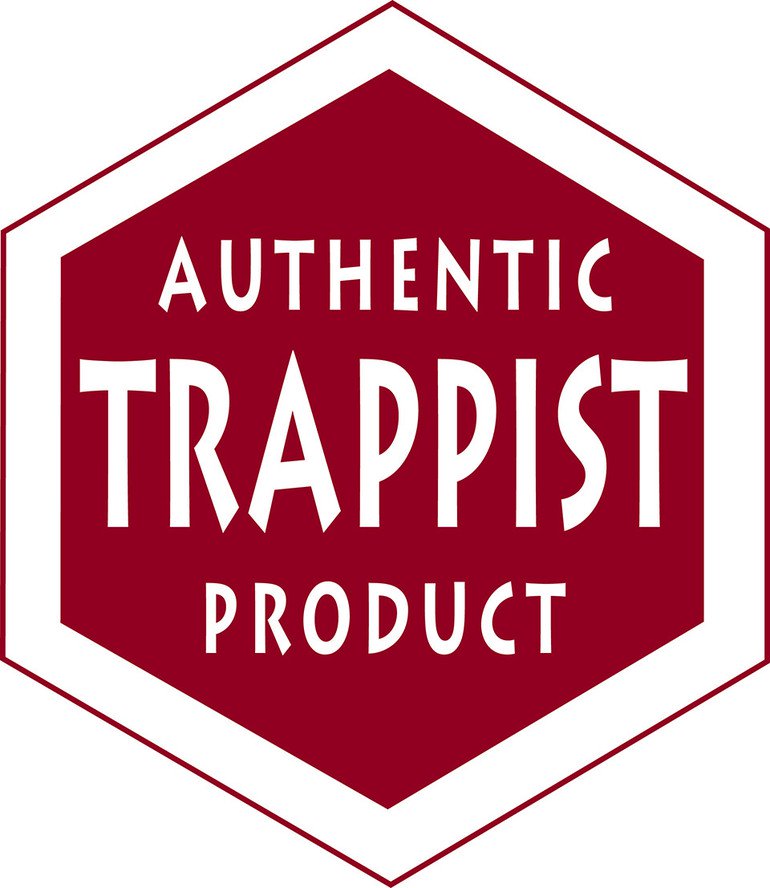Not to challenge the 5th precept here, but reflection on fine points in finding this:
1: I find it quite easy to renounce alcohol in general, sensing how it in fact exhibits, though perhaps is valued for, it’s tendency to distort mental function.
And not simply a matter of the 5th-precept proscription… I can distinctly remember in childhood wanting to taste wine or beer because it was so often used by adults, and in doing so finding the taste s/w disgusting. Then later – high-school / college days – participating in the accepted socio-cultural activities of drinking, with the upside of the transient euphoria and the, perhaps more memorable, downside of the horrors of hangover.
Further noting the conditioning to associate drinking wine with meals, beer with partying, and a gradual suppression of the negative aspects of the taste.
Later living several years in Germany (the foregoing all in the USA), drinking beer took on new dimension:
a: the quality, taste etc. being markedly better than American beer (in the time before now popular micro-breweries of much better beers than the more common mass-produced varieties). Germans speak of bier as “fluessiges Brot” (liquid bread); and characterize American beers as “once through a horse”.
b: the integration of drinking into social habit, and especially the art of spacing it out, combining beer with social activities, eating, etc. such that the disgusting side-effects are minimized. For instance, eating high-fat meats or fish is common at beer festivals, the idea being the fat lines the GI tract s/w protecting it from the irritation of the alcohol.
To this day, I will, once a year or so when eating at a German restaurant here in Sunnyvale (California, Silicon Valley area), I will consume a half-liter of “Hefeweisse” (yeasty wheat beer) with the meal, which somehow has no noticeable effect on the mind. (Back in the days visiting Munich, I recall learning from a friend who worked at the BMW headquarters, that Hefeweisse beer is allowed in the lunch-time cafeterias there; as it’s apparently more food-like and doesn’t impair performance, despite having alcohol content comparable to other beer varieties.)
2: Another dimension comes to mind: Wondering what alcohol-use is like in Indian culture – ancient and modern? Specifically how it compares with European (e.g. American) tradition, which distinctly integrates, even s/w glorifies alcohol usage in everyday life.
Interesting bit of side-evidence being the close association of brewing beer and refining alcohol, often “medicinal”, liquors with European Christian monasteries. For instance, the famous Bavarian Kloster Andechs brewery tradition, and its very popular Biergarten. Another example being the liquor called “Bénédictine”. Wikipedia: “… Every bottle of Bénédictine has the initials D.O.M. on the label, which stands for “Deo Optimo Maximo” (“To God, most good, most great”). This abbreviation is commonly used at the beginning of documents of the Benedictine Order as a dedication of their work…”
Btw: The Andechs monastery is run by the Benedictine Order.




